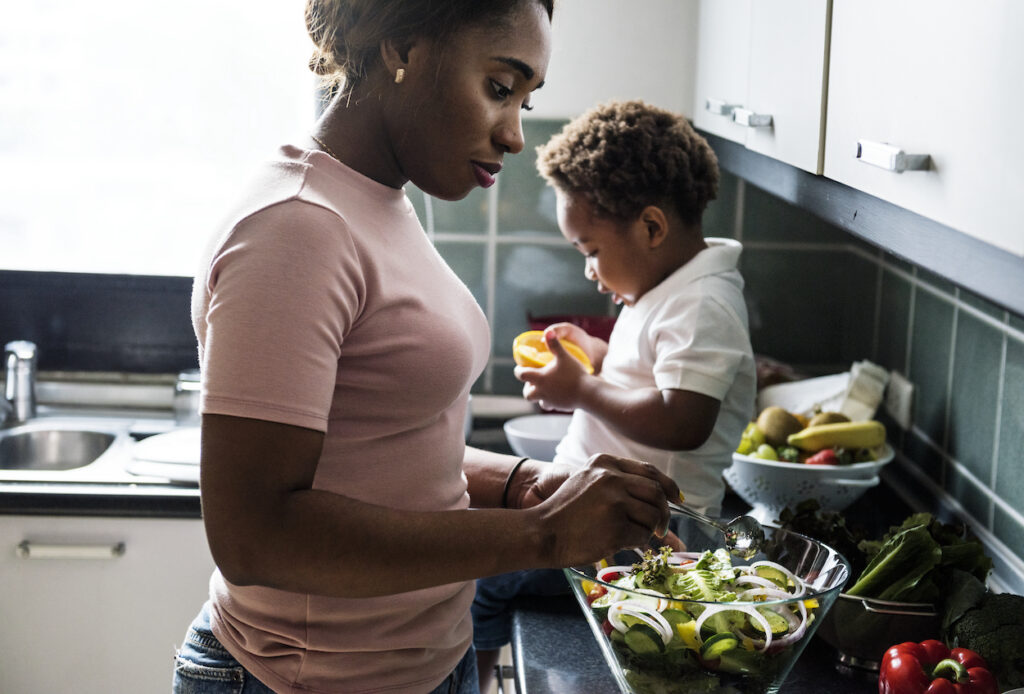There are many factors that make it harder for parents today than in previous generations. This blog, though, will focus mostly on the caregiving aspects — from the perspective of looking after one’s parents and children.

Why Is It Harder for Parents Today Than Previous Generations?
Preamble: It’s important to understand the term, The Sandwich Generation — before we move forward.
This phrase basically refers to anyone who is in that time of life where they’re taking care of both their kids and their parents.
And it can be this really awkward, scary and uncomfortable situation.
A little like Sophie's choice…
“Who do I choose? My mom needs care today and so does my 12 year old daughter.”
Now, while this isn’t exactly a new phenomenon — our parents may have been faced with this and their parents may have been faced with this — it is most certainly now an epidemic.
One reason being: women are working much more today than in years past. So, having the time to care for both parent and child is far more limited.

Another reason being: our parents are living longer than their parents (who lived longer than their parents and so on).
Think about it: In this day and age, we’re able to treat many chronic health conditions — which require expensive, very time consuming treatments.
And so that means, there are just more things to be looked after (which might fall on your shoulders) and a lot more years to look after them. It can be lot of pressure and quite costly.
Waiting longer to have children.
Okay, so now you are older, your parents are older, but your kids tend to be younger — which makes it, again, much harder for YOU than it was for previous generations.

Picture it: your grandmother was married and had three kids by the time she was age 21. And so by the time she had to care for her parents, her children were already up and out of the the house.
Meaning, grandma was much younger and more physically capable to take on the responsibility of her own parents. Not to mention the fact she probably wasn't working full time.
But take this recent study:
The average age of first-time moms in the U.S. is up from 21 to 26. For dads it has jumped from 27 to 31.
And, to reiterate, that’s FIRST-TIME parents.
Not to mention, about 1/5th of women in America have their first child AFTER age 35.
Imagine it: You’ve had your first child in your 30’s (due to wanting to establish your career, for example) and now you have to go to a million sports activities, doctor's appointments and whatever lessons. But at the same time, your parents are starting to need care.
This just gives you a taste as to why it’s harder now for parents than in previous generations. For much more detail on all the above, plus:
- Reasons why Gen X’ers feel resentment
- Tips on how to deal with the resentment you might feel (as a caregiver)
- The analogy my dad gave me that really helped me understand the mentality of those who are older
Then, you must check out this episode of The Chalene Show:
And don’t forget to subscribe to TCS for weekly shows dedicated to your overall personal development — both mentally and physically.


